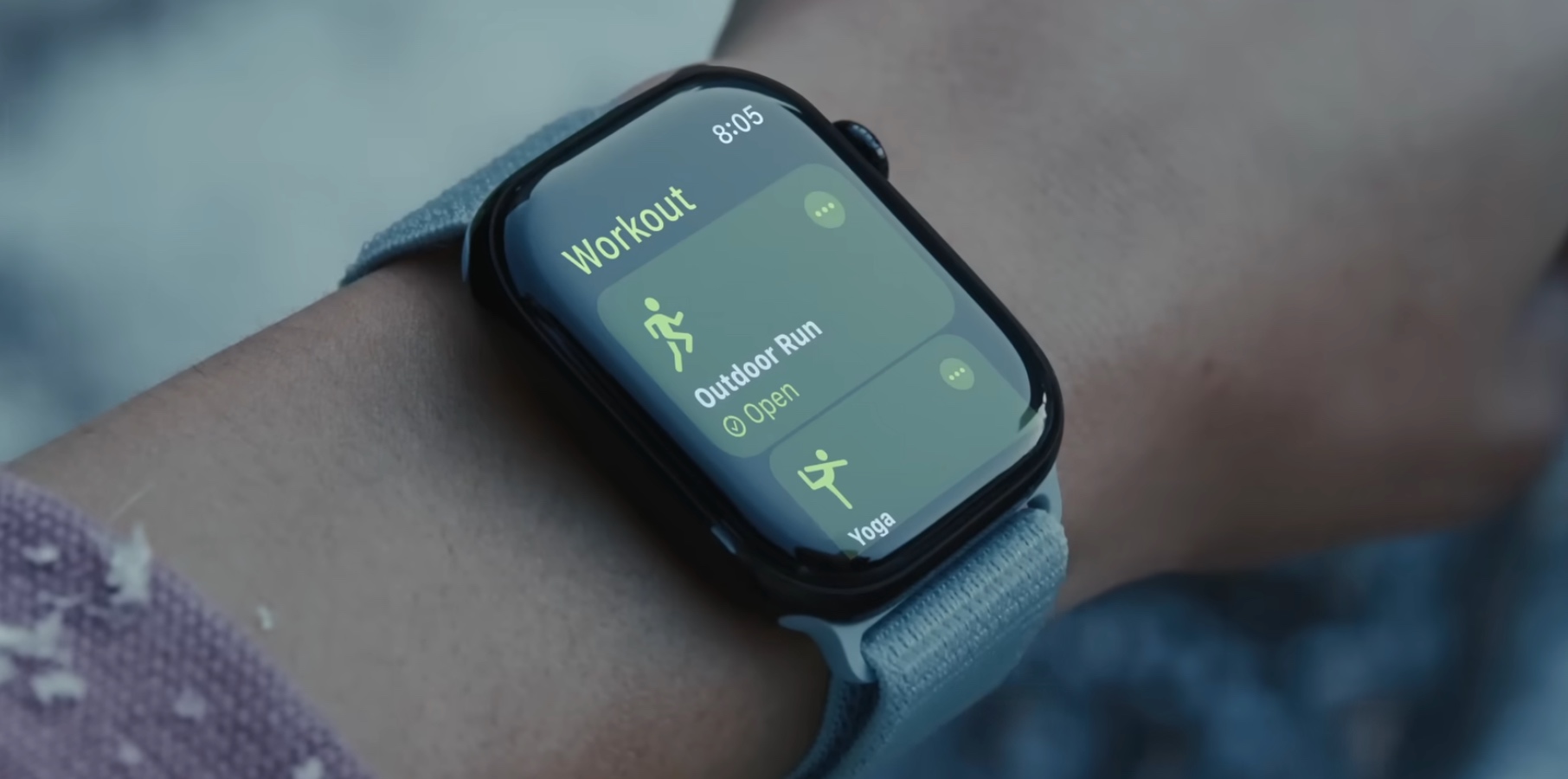Boxing Day shoppers are staying away from the high streets and shopping centers compared to last year, visitor data shows.
Data collected by MRI Software shows that footfall on UK high streets fell 9.6% from 2023, while shopping centers saw footfall fall 5.1%, as of 8pm GMT.
The preliminary figures are an early sign that online shopping continues to dominate traditional Boxing Day sales.
Although brisk trading is still expected in many stores on Thursday, major retailers such as John Lewis, M&S and Next have opted not to open the majority of their stores as they wanted to give their staff a break over the festive period.
One of those shopping on Boxing Day, Lorna, was looking for deals with her mother and sister in Liverpool.
She told BBC News that this was the first time she had decided to leave a little later, arriving in Liverpool’s shopping district at 10.30am.
“My mom and I come every Boxing Day. We normally get in line at five in the morning. We’ve been here every year for the last ten to fifteen years, but this is the first time we’ve been late ” she said.
Lorna (left) says she has decided to come to the Boxing Day sales later than usual this year (BBC)
Another shopper in Liverpool, Dave, joked that although he wouldn’t normally go shopping on Boxing Day, he had struck a deal with his wife.
“I go shopping with her and she goes to the Liverpool match with me,” he said.
Data to date shows store visits are 20.5% below pre-pandemic levels.
Overall activity levels on Boxing Day are down 7.6% from 8pm across all UK shopping destinations compared to December 26 last year.
Analysts have told BBC News that physical stores are becoming less profitable as it is expensive to keep them open due to rising energy costs and, for some, Bank Holiday overtime for staff.
Online stores are cheaper to operate and generally have lower overhead costs.
MRI Software’s Jenni Matthews said a year-over-year increase in visitors is expected from December 27.
But she added that this year’s decline in Boxing Day shoppers is a “major contrast” with 2023, when footfall until 5pm was almost 3.3% higher than the previous year.
“This could reflect the shift in consumer behavior influenced by the ongoing cost of living crisis,” she said.
According to ONS figures, sales volumes in clothing stores recently fell to their lowest level since January 2022, with retailers saying economic factors are to blame.
UK retail parks, which often offer free parking and are more suitable for larger stores, fared slightly better, with visitor numbers down just 6.1% compared to last year.
In many ways, Boxing Day itself is no longer a major shopping event, as it used to be.
Many retailers start their sales online on Christmas Eve and brands also run promotions throughout the year, including around Black Friday in November.
‘Promotion fatigue’
“Boxing Day has lost its luster,” said Natalie Berg of NBK Retail, who suggested the decision by major retailers to remain closed could help them with recruitment.
The expert also argued that shoppers were suffering from ‘promotion fatigue’.
“Considering that some of the Black Friday deals started on Halloween this year, which is the earliest I’ve ever seen, it’s no surprise that we’re all sold out on Boxing Day,” she said.
Diane Wehrle, analyst at Rendle Intelligence and Insights, said that among those choosing to visit places on Boxing Day, the emphasis has shifted to spending on things to do, rather than on things to buy.
She added that shopping habits have been changing for more than a decade as more consumers choose to shop online.
Barclays, which says it accounts for almost 40% of credit and debit card transactions in the country, predicts Britons will spend a total of £4.6 billion on Boxing Day, up from £4.7 billion in 2023.
The bank says it expects the lion’s share of spending to take place online – similar to 2023, when 63.9% of Boxing Day retail purchases took place online, according to the bank’s data.










